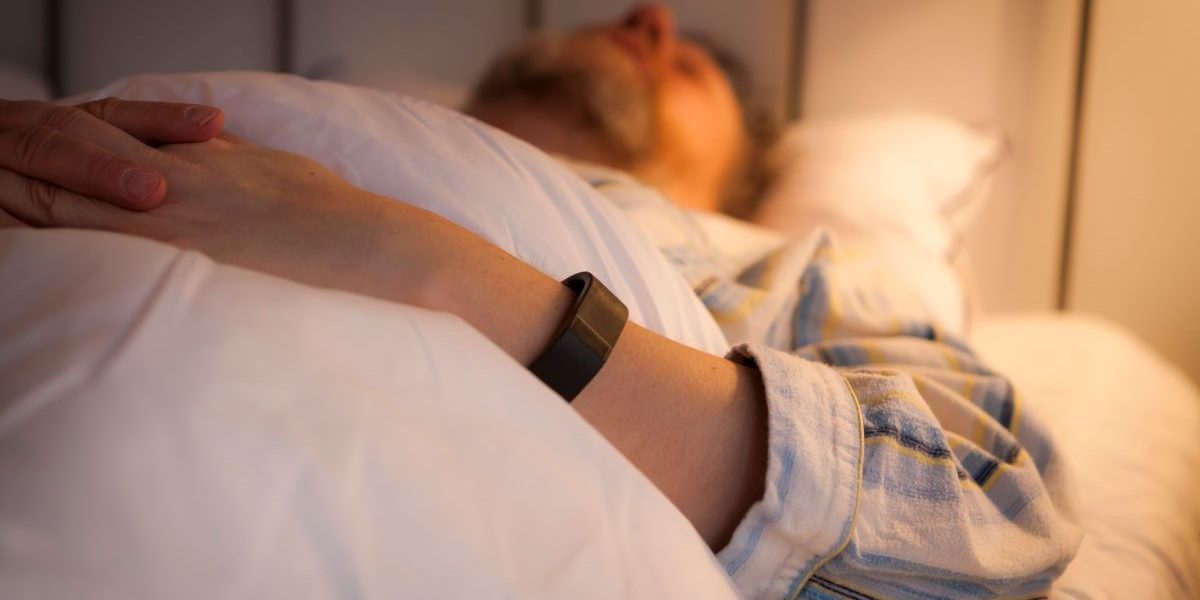Many patients wonder if they would benefit from better sleep but aren’t sure where to begin.If you find yourself sleepy throughout the day or struggle to feel fully rested you might benefit from a sleep study.
What Do Sleep Studies Measure?
Tracking your sleep can reveal various health issues such as sleep apnea, restless leg syndrome, or even specific causes of excessive sleepiness. In addition, many patients are surprised to find out how active their brains are while they sleep; a sleep study can track that activity and help your doctor diagnose various issues that could rob you of a good night’s rest. It’s common to have questions about your upcoming sleep study, and you can always reach out to the experts at The Sleep Center at Pulmonary & Sleep Medicine, PC.
What Happens During A Sleep Study?
The most common sleep study is called a polysomnogram. During this study, you’ll sleep in a highly technical lab that looks like a comfortable hotel room. After you arrive at the sleep center, the experts at The Sleep Center at Pulmonary & Sleep Medicine, PC, will discuss the study with you and apply small sensors to your head and body with a gentle adhesive. Sometimes elastic belts are wrapped around your chest or abdomen to measure breathing, or your technician may place a clip on your finger or earlobe to measure oxygen levels in your bloodstream. It sounds uncomfortable but these are designed to be worn as you sleep; and most patients adjust to them very quickly.
Most patients relax or even read a book to fall asleep, and a technician will sit in a nearby room and monitor the data being reported about your brain activity. The study will measure how much time you spend in deep or light sleep and if you receive enough oxygen. If we believe you have obstructive sleep apnea, you may wear a CPAP machine during all or a portion of your sleep study. If so, before you begin, you may be asked to try on a breathing mask to ensure that it fits properly. And the technician monitoring your study can adjust the machine to see if it improves your sleep.
What if I can’t sleep?
It’s normal to fear being unable to fall asleep in your study. For the best results, we recommend avoiding alcohol and naps on the day of your sleep study. It’s also helpful to avoid caffeine as much as possible. Bring comfortable clothes and something to read if you like. Our experts can answer any questions and will ensure you feel comfortable before we begin. Of course, we don’t expect you to sleep as well as you would at home in your bed, but we will consider that when we assess your sleep. However, most patients sleep better than they expect to.
What Happens After My Sleep Study?
After your sleep study, the experts at The Sleep Center at Pulmonary & Sleep Medicine will assess your results and review our findings with you. We will then talk to you about the next steps and treatment recommendations. The amount of data produced from one sleep study is astounding, and we will be much better equipped to design an optimal treatment plan with this knowledge. So, if you’re ready to schedule your sleep study, contact us today!

